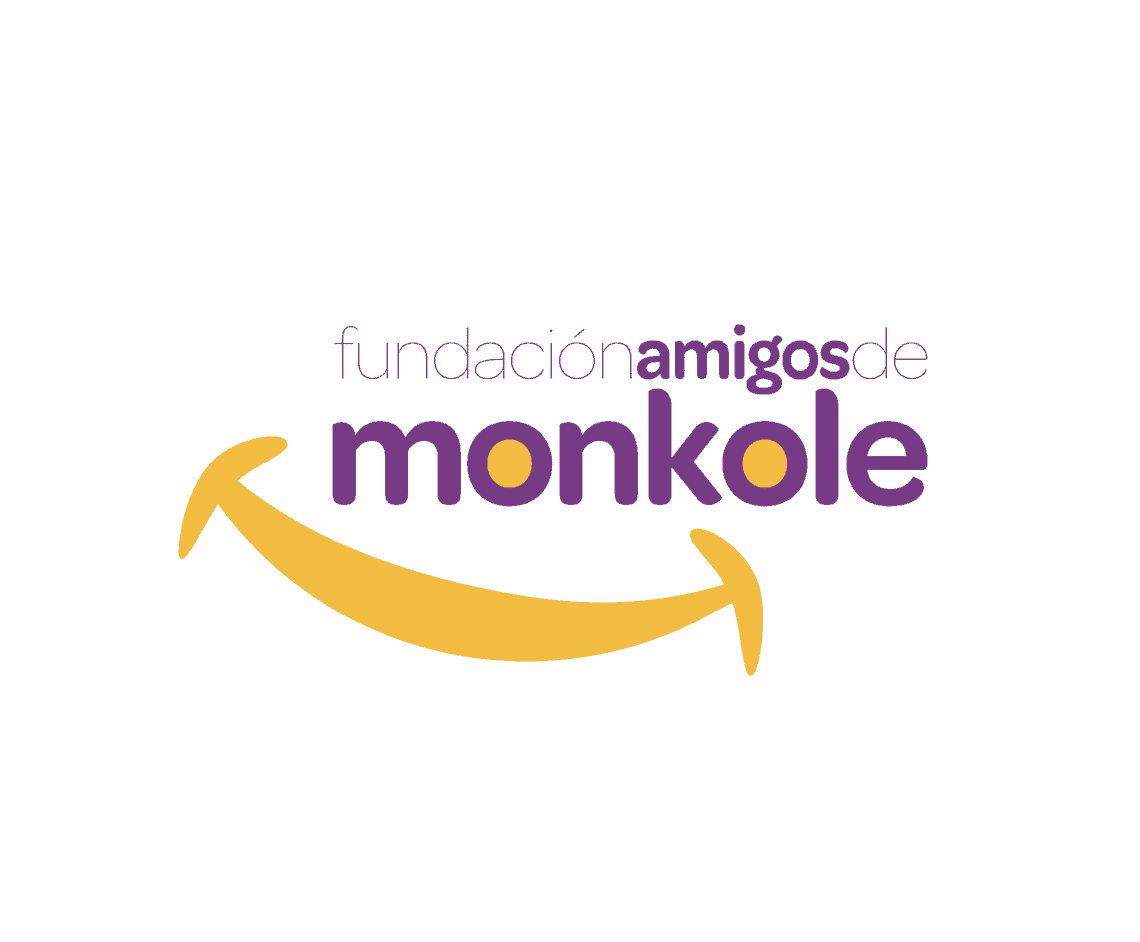
[vc_row][vc_column][mk_page_title_box page_title=»How can I leave a legacy or Inheritance to the Foundation Monkole’s friends?» page_subtitle=»Another way to collaborate»][/vc_column][/vc_row][vc_row][vc_column][vc_column_text css=».vc_custom_1603886110214{margin-bottom: 0px !important;}»]In this article we propose to explain to you how you can donate your inheritance or legacy. Your help will go directly to helping people who come directly to Monkole Hospital.[/vc_column_text][vc_column_text css=».vc_custom_1603886153579{margin-bottom: 0px !important;}»]
The procedure to donate your inheritance or legacy is very simple. You only need to visit your notary and indicate in your will the assets you wish to bequeath to the Friends of Monkole Foundation, including the following details:
- Traden name: Foundation Monkole’s friends
- Trade adress: C/ Caribe 4 28027-Madrid
- NIF: G87884623
For more information about this form of collaboration, please contact us through the +34699543084 or by using the contact form.
[/vc_column_text][/vc_column][/vc_row][vc_row][vc_column blend_mode=»lighten»][mk_padding_divider size=»20″][/vc_column][/vc_row][vc_row][vc_column width=»1/2″][vc_text_separator title=»Inheritance»][/vc_column][vc_column width=»1/2″][vc_text_separator title=»Legacies»][/vc_column][/vc_row][vc_row][vc_column width=»1/2″][vc_column_text css=».vc_custom_1603886390297{margin-bottom: 0px !important;}»]
The inheritance is the set of assets, rights and obligations that are not extinguished after the death of a person and its distribution is free on the part of the testator. However, the Civil Code, obliged to leave a certain proportion of the goods to certain relatives (heirs forced). Thus, in the case of leaving descendants at the time of death, this set of goods formed by the inheritance plus the donations is divided into three equal parts: legitimate, improvement and free disposal.
Parts of the inheritance:
The legitimate strict
This is the third of the property which cannot be freely disposed of and which is intended for the forced or legitimate heirs and is divided among the children in equal parts; if any of them has died, their subsequent descendants inherit by right of representation, i.e. by bloodlines.
Thethird improvement:
This is also the part that is not freely available, but about which there is some availability. The law establishes that the third improvement should be split between children and descendants but not necessarily in equal parts. It can benefit one of your children in front of others.
One third of free disposal:
The testator can leave it to anyone he wants, whether he is a family member or not, and it can be a natural or legal person, including non-profit organisations. On this part you can decide with absolute freedom.
However, in the case of death without descendants but ancestors (parents or grandparents), they will be entitled to half of the inheritance, as legitimate. In this case, if the husband or wife is still alive, he or she shall be entitled to the usufruct of half of the inheritance.
The one who dies without ancestors or descendants, but with husband or wife, they must recognize this or the usufruct of two-thirds of the inheritance.
As you can see, there is always a part freely available, which is at least one third of the goods to be able to donate your inheritance or legacy.
[/vc_column_text][/vc_column][vc_column width=»1/2″][vc_column_text css=».vc_custom_1556915948050{margin-bottom: 0px !important;}»]
The legacy affects the part of the heritage that is not necessarily compulsory heirs.
Thus, a testator in their last will, in addition to naming an heir/s, you can leave the property or rights specific to a person, physical or legal.
Such property can be an asset (a building, a car, a work of art, jewellery, etc) or a right (a provision, the collection of a debt, a percentage of assets, etc). Goods that are not found in the estate of the testator can also be bequathed. In that case, the heirs must purchase for the legatee (the person who receives the legacy) with the assets of the inheritance.
The specificity of the legacies is that they have a limit: they cannot harm, in any case, the legitimate of the compulsory heirs. In addition, it should be mandatory to indicate this in the testament.
[/vc_column_text][/vc_column][/vc_row][vc_row][vc_column][mk_padding_divider][/vc_column][/vc_row][mk_page_section bg_color=»#3d4045″ speed_factor=»4″ min_height=»0″ padding_top=»40″ padding_bottom=»60″ margin_bottom=»-100″ sidebar=»sidebar-1″][vc_column][mk_padding_divider][mk_fancy_title size=»25″ line_height=»80″ font_weight=»bold» txt_transform=»uppercase» letter_spacing=»2″ margin_bottom=»0″ font_family=»none»]Collaborate through our web page[/mk_fancy_title][vc_column_text css=».vc_custom_1579623609849{margin-bottom: 0px !important;}»]You can collaborate with the foundation Monkole’s friends without having to leave our website.[/vc_column_text][/vc_column][/mk_page_section][vc_row][vc_column][mk_padding_divider size=»150″][vc_raw_html]W2dpdmVfZm9ybSBpZD0iMTM2MjgiXQ==[/vc_raw_html][/vc_column][/vc_row]

